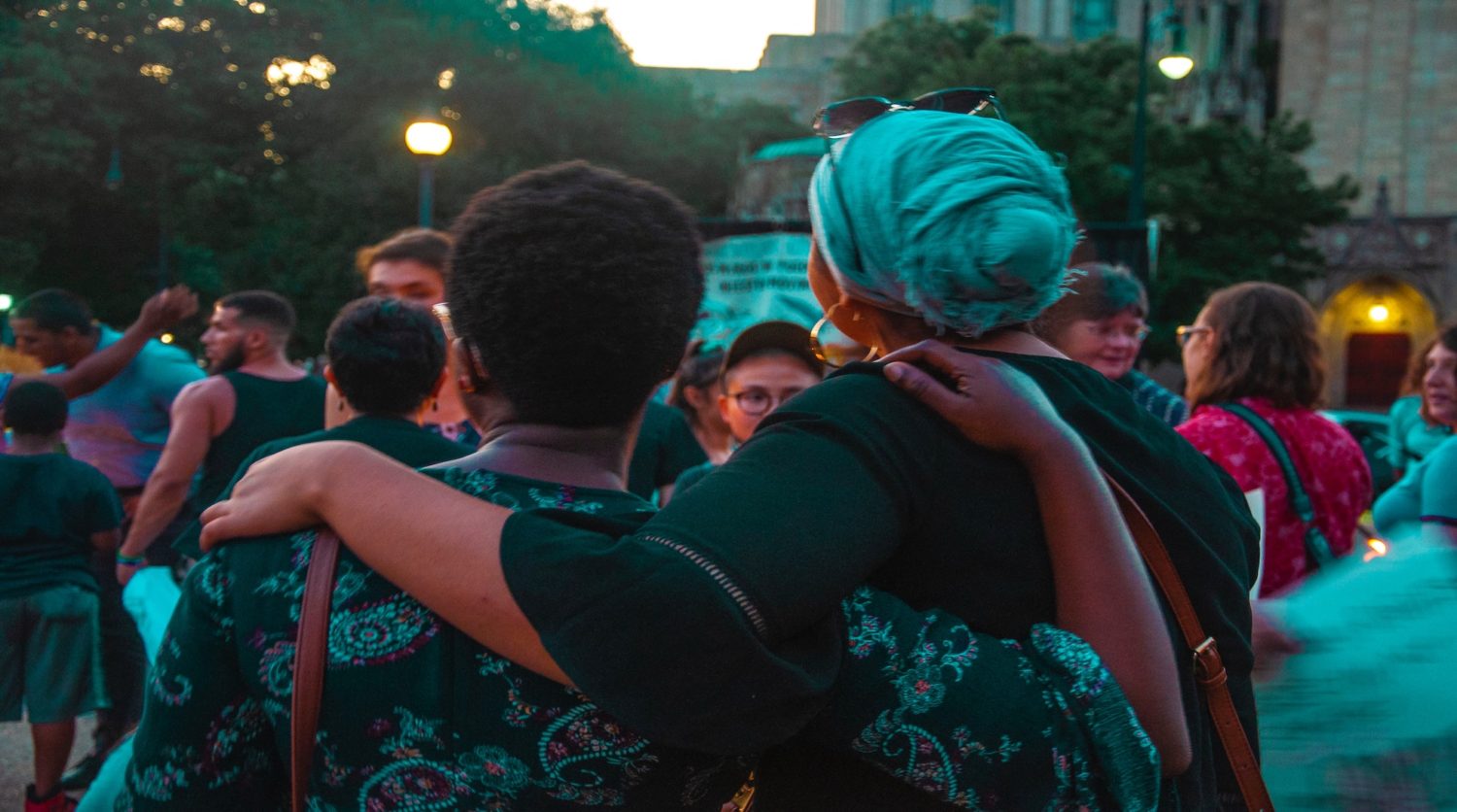Untold histories
For Black History Month, Phoebe Fisher highlights the often overlooked role of black female community activism.
History is told through the achievements of ‘great men’ – and it is a similar story when it comes to black history. But when great black men take centre stage in the national understanding of black British history, it comes at the expense of black women.
The greatness of man is a story as old as time, but it distorts reality and generates a narrative where the experiences of black men overshadow those of black females.
Black females have played – and still play – a fundamental role in the struggle for racial equality, whether it be as campaigners, mothers, aunties, sisters or daughters, and we must recognise their contributions. The left must take a more inclusive stance and do better at highlighting the achievements of black women as changemakers in society.
Black women have been forced to resist the systems of racism and patriarchy with little help from the state. Despite their resilience and prominent role in community grassroots activism, they remain under-recognised. Even today we see this playing out, for example in Hackney, where Sistah Space, a charity run by women by African and Caribbean heritage for survivors of domestic violence, faces chronic underfunding and eviction from its premises. Such groups are vital to supporting black women who do not feel comfortable approaching government-funded institutions for fear of institutional racism.
There are many individuals whose activism has not been sufficiently recognised. One such is Janice Knight whose family played a key role in highlighting police brutality against the black community in the 1980s. In an interview with Hackney Account, a youth-led police monitoring group of which I am a member, Janice described her experiences with the Stoke Newington police: in 1983, at the age of 13, Janice’s mother, Nellie Knight, was attacked and arrested by the police after being racially abused by their neighbours. Janice and her family fought back and organised. Their actions, combined with the case of Colin Roach, whose supposed suicide at Stoke Newington police station sparked demands for a public inquiry, were central to people’s cries for racial justice in the 80s.
London at that time was characterised by racial tension following the rise of British nationalism in the shape of the National Front and the British National Party. This was in response to the growing visibility of black people in the UK between 1948 and 1981 following the British Nationality Act of 1948 where Britain extended full legal citizenship rights to the Commonwealth, including the right to settle in Britain. When we look at this period in British history, we instantly see its complexity. History is not a single pattern of events but a complex combination of different social forces. History therefore can only be told through an understanding of all those who lived through it, of all genders.
Fast forward to today, Janice made the decision to donate her newspaper clippings, campaign leaflets, police reports and police training booklets to Hackney Archives and the material continues inform the present. A collaborative project between Hackney Archives and Hackney Account resulted in the creation of a documentary called Community Healing featuring Janice and David Smith, a black youth from Account. This conversation between two different generations focused on our shared history and inherited problems. Between July 2019 and August 2020, Account found in Hackney that young black males were stopped and searched 768 times per 1,000 population in comparison to 136 times by their white counterparts. Of these cases, 103 of the black men experienced the use of force during arrest in comparison to 25 of their white counterparts. This is disproportionate when we consider that the black community only make up 3 per cent of the British population. In shining the light on the problems of the 1980s and those which still exist today for the black community. Janice and her family’s contribution to black British history cannot be overlooked.
Women’s refusal to accept unfair treatment is not unique to the history of black women. Young black women, and young women everywhere, should feel proud to see strong females being represented in organisations like the Fabians, as the powerful women we are.
We must stop silencing black women and start encouraging a positive self-image of black women in history. Not only for history’s sake but for the sake of our youth today.

